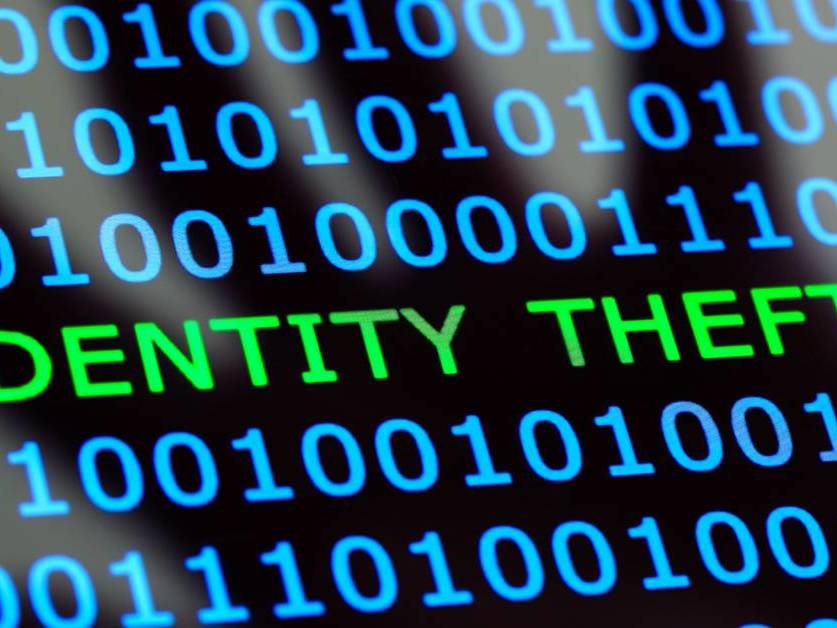Personal Finance
The Risk of Identity Theft in Pacific Palisades
Find out if you're living in a hot spot for ID fraud.

Identity theft is a sad fact of life in America and threatens you when you shop online, reply to emails, use Wi-Fi outside your home and even take out your garbage.
The potential threat to your savings is growing: The Federal Trade Commission reports ID theft complaints jumped about 20% in 2018 and were responsible for a big chunk of the nearly $1.5 billion that Americans said they lost to fraud last year.
As with other types of crime, your risk of becoming an identity theft victim depends on your location. In some states and cities, identity thieves are far more likely to prey on a person’s good name than in others. What about where you live?
Find out what's happening in Pacific Palisadeswith free, real-time updates from Patch.
The Potential Threat is Growing

In some states and cities, identity thieves are far more likely to prey on a person’s good name than in others.
Well, out of nearly 400 of the largest U.S. metro areas, the Los Angeles-Long Beach-Anaheim metropolitan area ranks No. 6 for identity theft, according to the FTC. During 2018, residents of this statistical area, which includes Pacific Palisades, went to the authorities with 34,334 cases of stolen identities, which works out to 258 ID theft complaints for every 100,000 residents.
Meanwhile, California is the No. 3 state for identity theft, the government says. In 2018, there were 186 ID theft reports for every 100,000 residents of California, and 73,668 identity theft complaints overall. The top types of identity theft in California are:
Find out what's happening in Pacific Palisadeswith free, real-time updates from Patch.
| Theft Type | No. Reports | Percentage |
|---|---|---|
| Bank Fraud | 7,599 | 10% |
| Credit Card Fraud | 30,004 | 41% |
| Employment or Tax-Related Fraud | 10,808 | 15% |
| Government Documents or Benefits Fraud | 2,931 | 4% |
| Loan or Lease Fraud | 7,478 | 10% |
| Other Identity Theft | 22,075 | 30% |
| Phone or Utilities Fraud | 7,702 | 10% |
People in California last year reported losing $173,230,257 to all categories of fraud, including identity theft, and the median loss — meaning half of victims lost more, half lost less — was $400 .
Nationwide, identity theft often involves credit card fraud, which is one reason it’s so important to get your hands on your credit reports every year and look through them for suspicious activity. The Federal Trade Commission says 2018 saw a 24% jump in fraudulent new credit card accounts, when ID thieves use another consumer’s personal information to open credit cards that are used to buy goods and services the scammers never intend to pay for.
Here are a few other important tips for keeping your identity safe:
- Don’t carry your Social Security card in your wallet, and never give out your Social Security number or other sensitive personal information (including your birthdate, bank account and credit card numbers) just because someone asks.
- Always review the monthly statements for your bank account and your credit cards, and be on the lookout for any transactions you didn’t make. If you receive paper statements, be sure to shred those, as well as any credit card offers or other documents that might be valuable finds for identity thieves rummaging through your trash.
- Whenever you’re on a public Wi-Fi, be sure to use a virtual private network, or VPN, which will give you a layer of security.
- Change your passwords periodically, and use complicated ones that an identity thief would never guess. (Did you know a survey found 17% of people were still using “123456” in 2016? Come on!)
- Take advantage of free credit freezes available from the major credit bureaus Experian, Equifax and TransUnion. Freezing your credit files makes it impossible for an identity thief to open new accounts in your name. Whenever you want to apply for new credit, you can unfreeze your file -- and that’s also free.